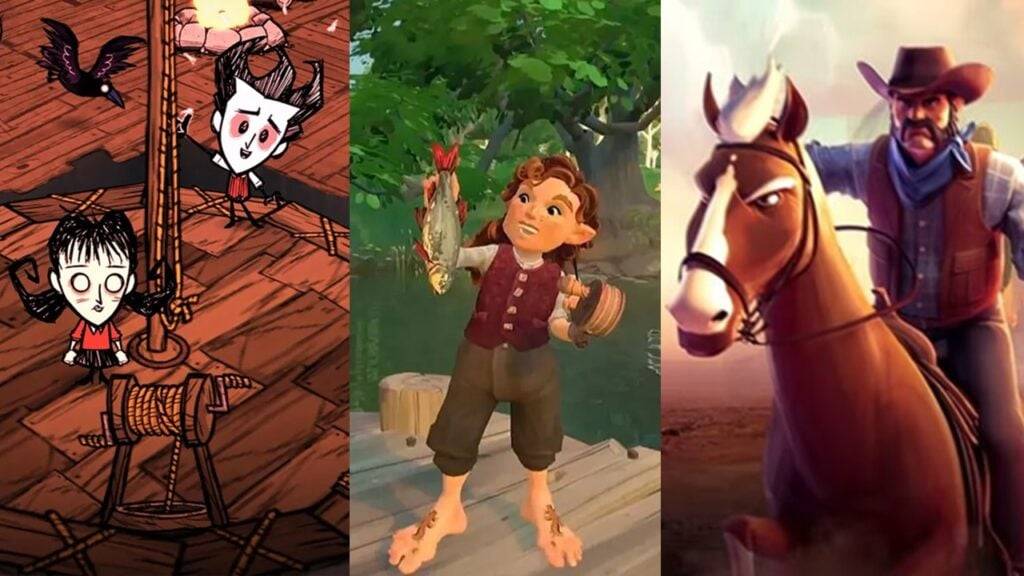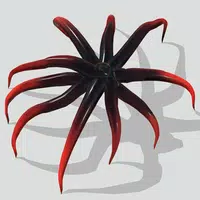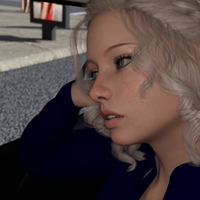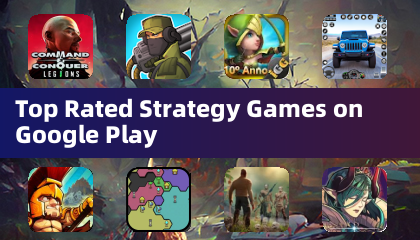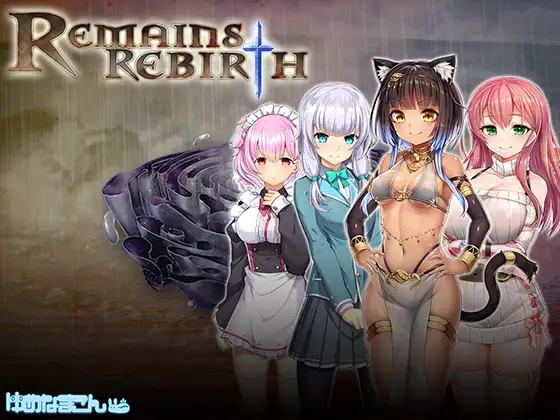Every Disney Princess has a unique way of inspiring and empowering people, especially young girls and women, to envision and pursue better futures for themselves and those around them. While some Disney Princess narratives have historically conveyed problematic messages and stereotypes, Disney has made significant efforts to enhance the representation and messaging of these characters, allowing their diverse cultures and stories to shine through.
Disney Princesses exhibit a broad spectrum of personalities, each facing and overcoming challenges in their own distinctive ways. These characters serve as role models, inspiring fans of all ages. However, selecting the top Disney Princesses from the official list of 13 is a challenging task. At IGN, we've carefully curated our top 10 list, and we apologize to the three wonderful princesses who didn't make the cut.
Here is IGN's selection of the 10 best Disney Princesses:
Best Disney Princesses
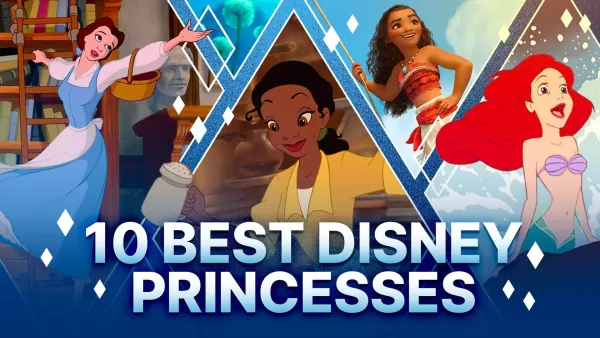
 11 Images
11 Images


 10. Aurora (Sleeping Beauty)
10. Aurora (Sleeping Beauty)
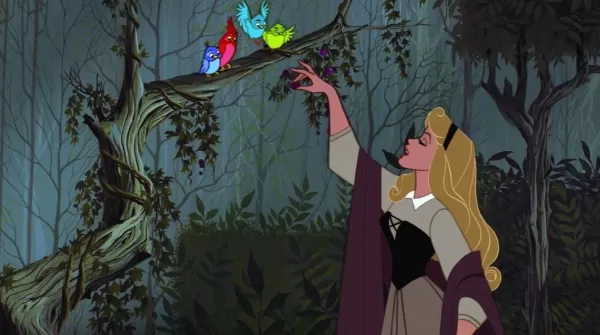 Image: DisneyIn Sleeping Beauty, Princess Aurora spends most of her life in a secluded forest cottage with the Three Good Fairies, who call her Briar Rose to shield her from Maleficent's curse. Despite the fairies' efforts, Aurora's destiny unfolds as she pricks her finger on a spinning wheel, falling into a deep sleep that can only be broken by true love's kiss. Aurora's grace and beauty are legendary, but her vivid imagination and dreams of the future, shared with her woodland friends, add depth to her character. Critics, however, have questioned the narrative of a curse that necessitates true love's kiss for resolution.
Image: DisneyIn Sleeping Beauty, Princess Aurora spends most of her life in a secluded forest cottage with the Three Good Fairies, who call her Briar Rose to shield her from Maleficent's curse. Despite the fairies' efforts, Aurora's destiny unfolds as she pricks her finger on a spinning wheel, falling into a deep sleep that can only be broken by true love's kiss. Aurora's grace and beauty are legendary, but her vivid imagination and dreams of the future, shared with her woodland friends, add depth to her character. Critics, however, have questioned the narrative of a curse that necessitates true love's kiss for resolution.
Moana
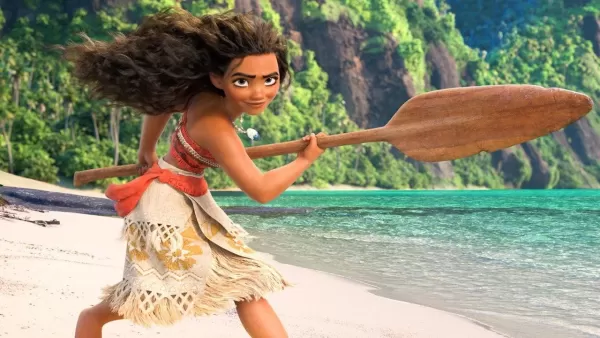 Image: DisneyMoana, daughter of the chief of Motunui, embarks on a journey not for love but to save her island. Chosen by the ocean as an infant, she takes up the challenge to restore the heart of the Polynesian goddess Te Fiti when a blight threatens her home. With the help of the shapeshifting demi-god Maui, Moana discovers that Te Kā is the corrupted form of Te Fiti and restores her, saving her island. Moana's independence, bravery, and determination make her a powerful symbol of empowerment, resonating with audiences in both the original film and Moana 2. Her voice actor, Auli‘i Cravalho, has praised Moana as a universal role model. We eagerly await Catherine Laga'aia's portrayal in the upcoming live-action adaptation.
Image: DisneyMoana, daughter of the chief of Motunui, embarks on a journey not for love but to save her island. Chosen by the ocean as an infant, she takes up the challenge to restore the heart of the Polynesian goddess Te Fiti when a blight threatens her home. With the help of the shapeshifting demi-god Maui, Moana discovers that Te Kā is the corrupted form of Te Fiti and restores her, saving her island. Moana's independence, bravery, and determination make her a powerful symbol of empowerment, resonating with audiences in both the original film and Moana 2. Her voice actor, Auli‘i Cravalho, has praised Moana as a universal role model. We eagerly await Catherine Laga'aia's portrayal in the upcoming live-action adaptation.
Cinderella
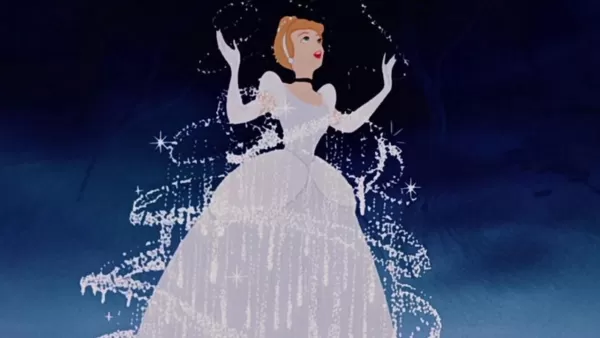 Image: DisneyAfter her father's death, Cinderella endures abuse from her stepmother and stepsisters, yet she remains kind and humble. When denied the chance to attend the royal ball, the Fairy Godmother transforms her into a vision of elegance with a stunning ballgown and glass slippers. While initially perceived as passive, Cinderella actively involves her animal friends in her escape from confinement, showcasing her resourcefulness. Her iconic ballroom look has made her a fashion icon, and Disney's decision to change her dress from silver to baby blue for costumes reflects a thoughtful approach to representation.
Image: DisneyAfter her father's death, Cinderella endures abuse from her stepmother and stepsisters, yet she remains kind and humble. When denied the chance to attend the royal ball, the Fairy Godmother transforms her into a vision of elegance with a stunning ballgown and glass slippers. While initially perceived as passive, Cinderella actively involves her animal friends in her escape from confinement, showcasing her resourcefulness. Her iconic ballroom look has made her a fashion icon, and Disney's decision to change her dress from silver to baby blue for costumes reflects a thoughtful approach to representation.
Ariel (The Little Mermaid)
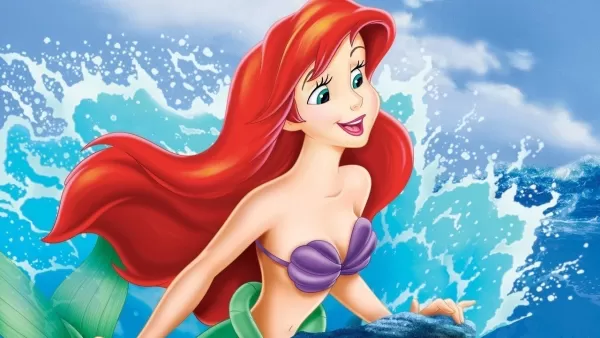 Image: DisneyAriel embodies teenage rebellion, yearning for life on land and collecting human artifacts. Her love for Prince Eric leads her to make a dangerous deal with Ursula, trading her voice for legs. Ariel's journey teaches her about love, responsibility, and the consequences of her actions, culminating in her marriage to Eric. In the sequel, The Little Mermaid: Return to the Sea, Ariel becomes a mother, further expanding her narrative arc as the first Disney Princess to do so.
Image: DisneyAriel embodies teenage rebellion, yearning for life on land and collecting human artifacts. Her love for Prince Eric leads her to make a dangerous deal with Ursula, trading her voice for legs. Ariel's journey teaches her about love, responsibility, and the consequences of her actions, culminating in her marriage to Eric. In the sequel, The Little Mermaid: Return to the Sea, Ariel becomes a mother, further expanding her narrative arc as the first Disney Princess to do so.
Tiana (The Princess and the Frog)
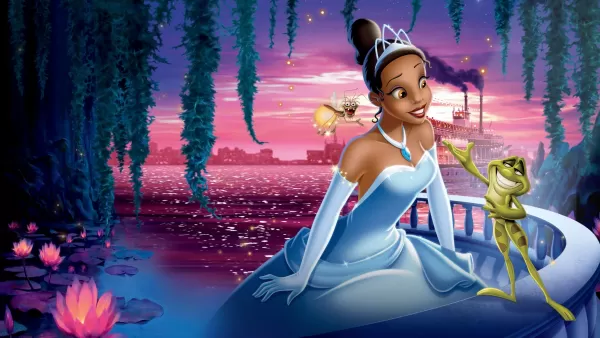 Image: DisneyTiana's story, set in Jazz Age New Orleans, is a testament to hard work and perseverance. Her ambition to open a restaurant drives her to hold down two jobs, but a magical mishap turns her into a frog. Alongside Prince Naveen, she learns valuable lessons about responsibility and self-reliance, ultimately rejecting shortcuts to achieve her dreams. The Princess and the Frog marks Tiana as the first African American Disney Princess, celebrated as a feminist and a business icon.
Image: DisneyTiana's story, set in Jazz Age New Orleans, is a testament to hard work and perseverance. Her ambition to open a restaurant drives her to hold down two jobs, but a magical mishap turns her into a frog. Alongside Prince Naveen, she learns valuable lessons about responsibility and self-reliance, ultimately rejecting shortcuts to achieve her dreams. The Princess and the Frog marks Tiana as the first African American Disney Princess, celebrated as a feminist and a business icon.
Belle (Beauty and the Beast)
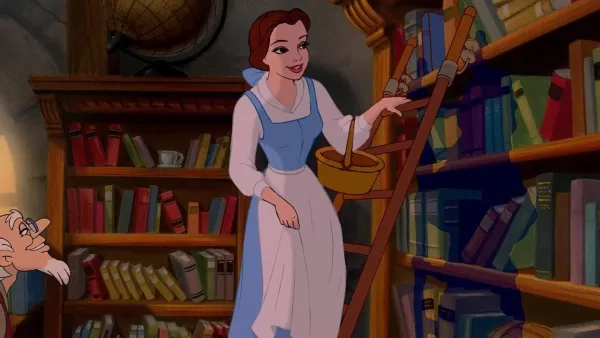 Image: DisneyBelle's quest for knowledge and adventure sets her apart in her provincial village. She sacrifices her freedom to save her father, leading to a transformative journey with the Beast. Belle's love for the Beast, despite his appearance, breaks the curse, showcasing her depth and compassion. Her preference for books over suitors like Gaston highlights her as a feminist icon, a vision championed by her screenwriter Linda Woolverton.
Image: DisneyBelle's quest for knowledge and adventure sets her apart in her provincial village. She sacrifices her freedom to save her father, leading to a transformative journey with the Beast. Belle's love for the Beast, despite his appearance, breaks the curse, showcasing her depth and compassion. Her preference for books over suitors like Gaston highlights her as a feminist icon, a vision championed by her screenwriter Linda Woolverton.
Rapunzel (Tangled)
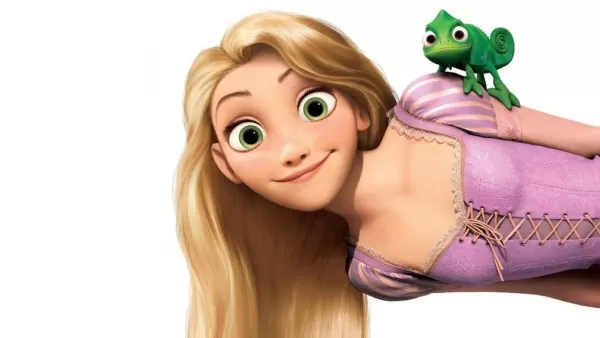 Image: DisneyRapunzel's life in a secluded tower under Mother Gothel's control is upended when she meets Flynn Rider. Her desire to see the floating lanterns on her birthday propels her into the world, where she discovers her true identity and the magic of her hair. Rapunzel's resourcefulness, creativity, and strength have made her a beloved character, challenging the negative messages from her captor.
Image: DisneyRapunzel's life in a secluded tower under Mother Gothel's control is upended when she meets Flynn Rider. Her desire to see the floating lanterns on her birthday propels her into the world, where she discovers her true identity and the magic of her hair. Rapunzel's resourcefulness, creativity, and strength have made her a beloved character, challenging the negative messages from her captor.
Jasmine (Aladdin)
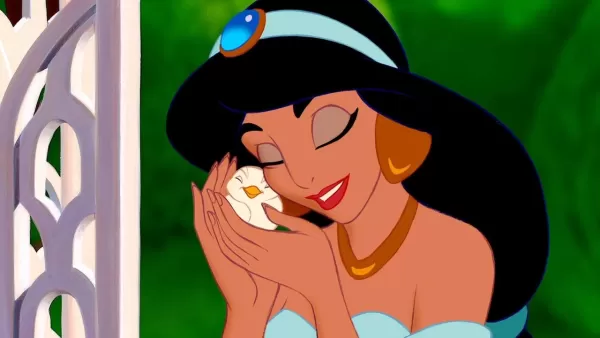 Image: DisneyJasmine's progressive stance on marriage contrasts with her father's expectations. She rejects suitors based on their character rather than status, famously declaring, "How dare you? All of you, standing around deciding my future? I am not a prize to be won!" Her relationship with Aladdin, who learns to value authenticity, leads to a change in the law, allowing her to marry for love. Jasmine's defiance of tradition and her role as the first West Asian princess underscore her significance in Disney's narrative of diversity and empowerment.
Image: DisneyJasmine's progressive stance on marriage contrasts with her father's expectations. She rejects suitors based on their character rather than status, famously declaring, "How dare you? All of you, standing around deciding my future? I am not a prize to be won!" Her relationship with Aladdin, who learns to value authenticity, leads to a change in the law, allowing her to marry for love. Jasmine's defiance of tradition and her role as the first West Asian princess underscore her significance in Disney's narrative of diversity and empowerment.
Merida (Brave)
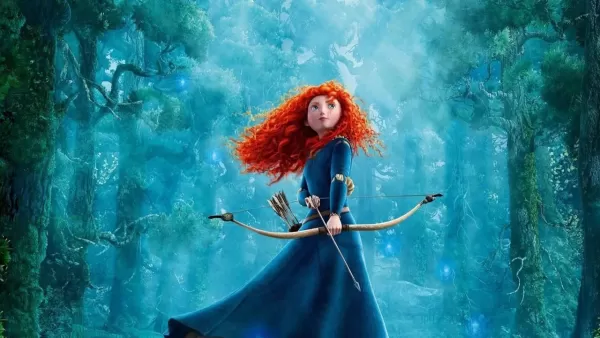 Image: DisneyMerida's refusal to marry for political alliances and her desire to control her destiny set her apart. Her conflict with her mother, Queen Elinor, over traditional roles leads to a transformative journey involving magic and self-discovery. Merida's archery skills and independence make her a groundbreaking character, the first from Pixar and the first single Disney Princess, challenging the damsel-in-distress trope.
Image: DisneyMerida's refusal to marry for political alliances and her desire to control her destiny set her apart. Her conflict with her mother, Queen Elinor, over traditional roles leads to a transformative journey involving magic and self-discovery. Merida's archery skills and independence make her a groundbreaking character, the first from Pixar and the first single Disney Princess, challenging the damsel-in-distress trope.
Mulan
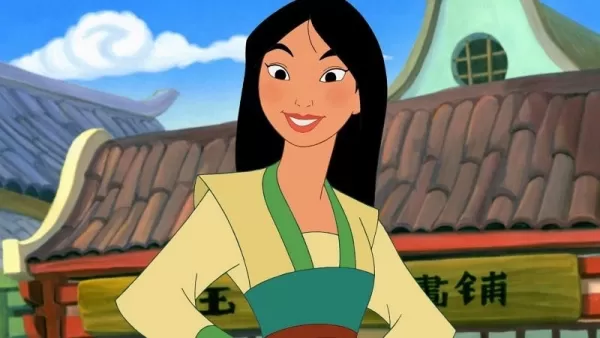 Image: DisneyMulan's story, rooted in Chinese folklore, sees her disguising herself as a man to take her father's place in the army. Her bravery and strategic thinking lead to victory against the Huns, earning her honor and recognition. Despite not being born into royalty, Mulan's journey embodies perseverance, family loyalty, and the rejection of gender norms, making her a symbol of breaking patriarchal constraints.
Image: DisneyMulan's story, rooted in Chinese folklore, sees her disguising herself as a man to take her father's place in the army. Her bravery and strategic thinking lead to victory against the Huns, earning her honor and recognition. Despite not being born into royalty, Mulan's journey embodies perseverance, family loyalty, and the rejection of gender norms, making her a symbol of breaking patriarchal constraints.



